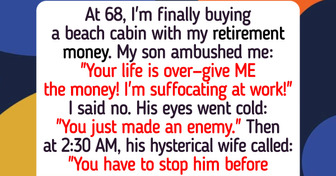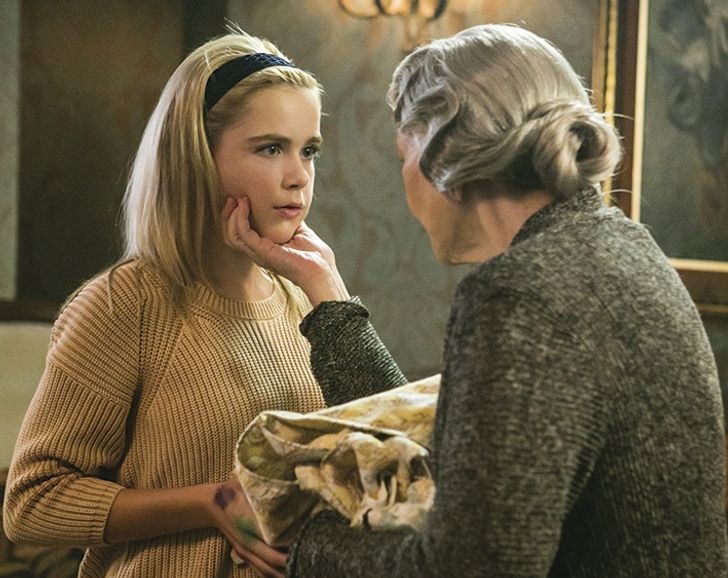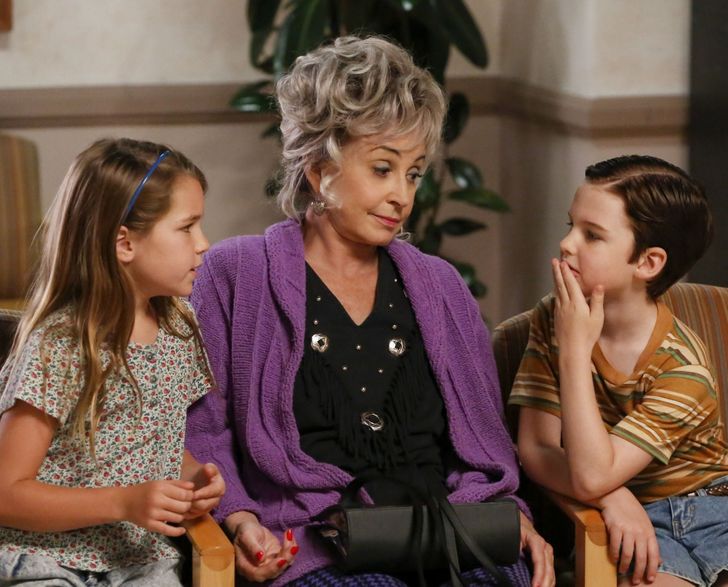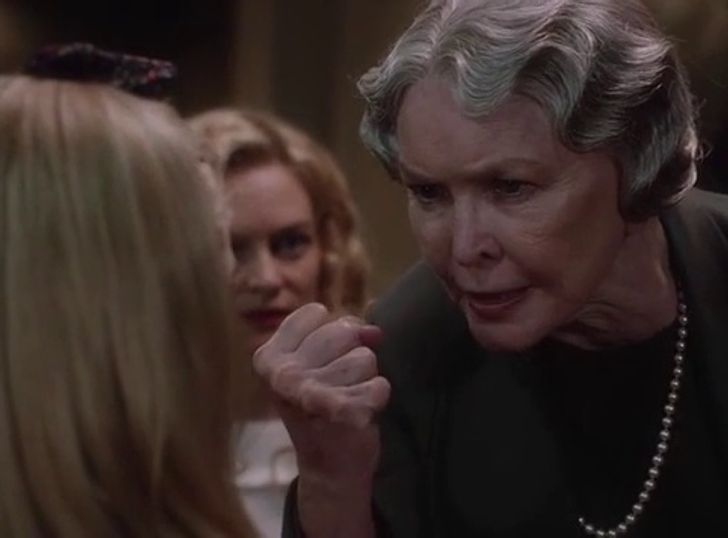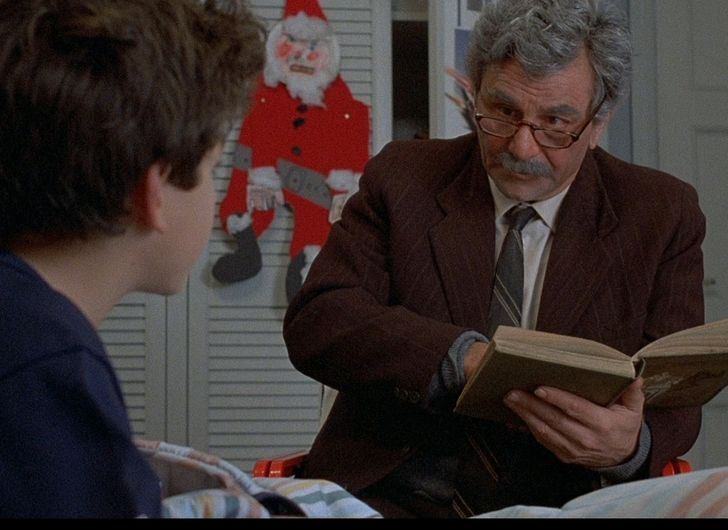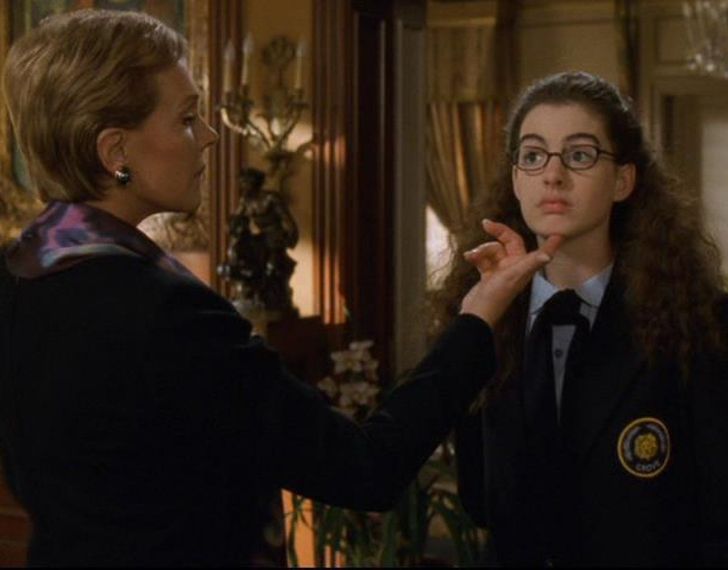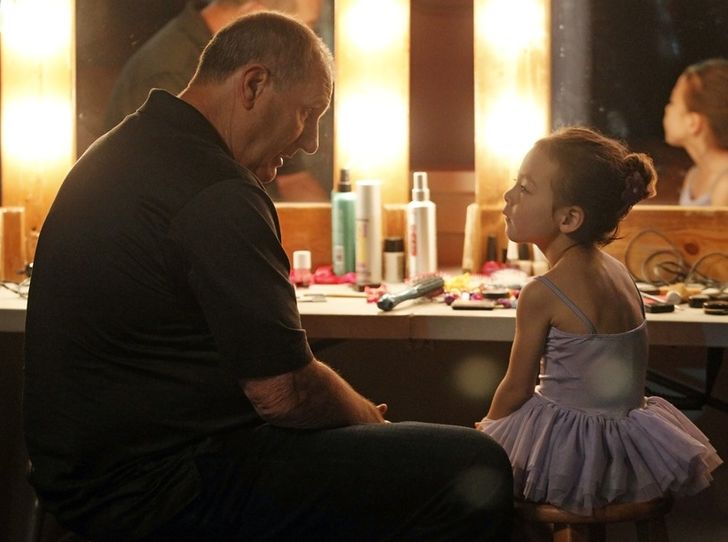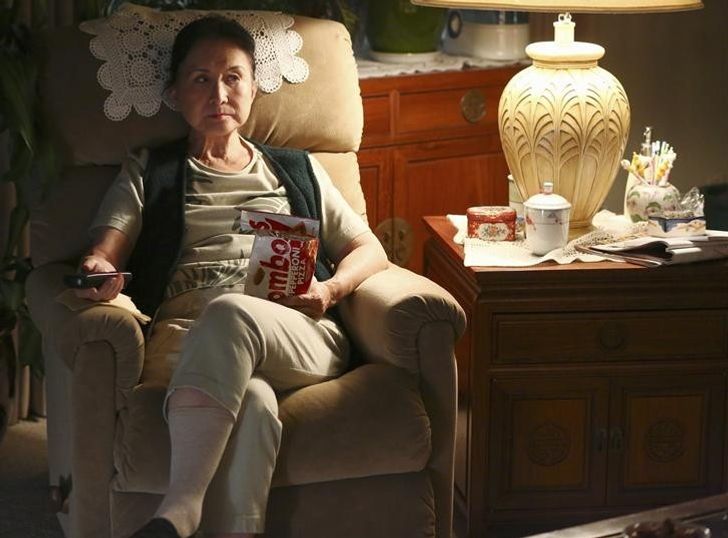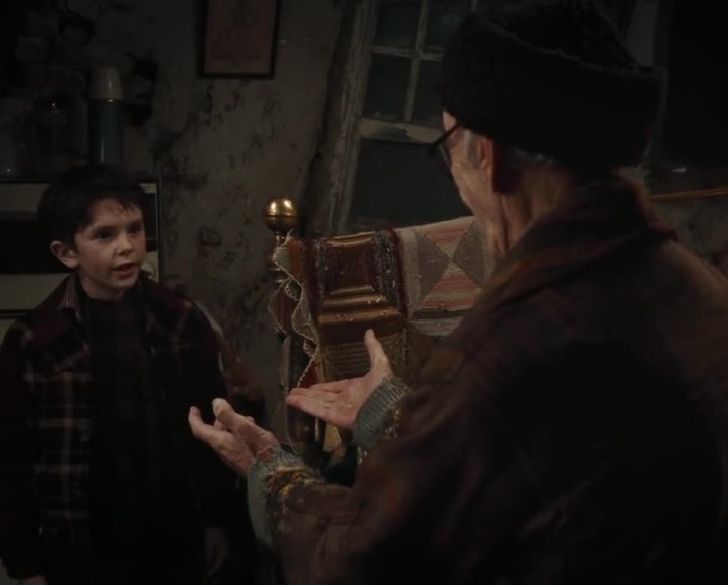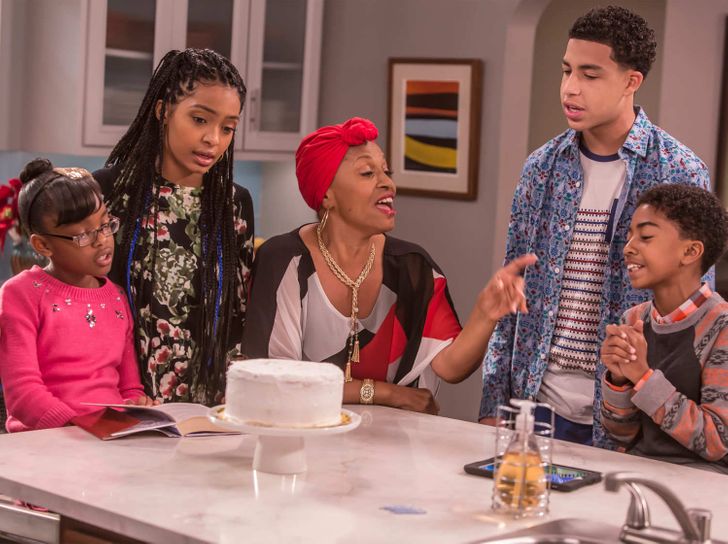I am one of them who hurts by what my grandparents said.
10 Phrases Grandparents Say That Can Hurt Children’s Feelings
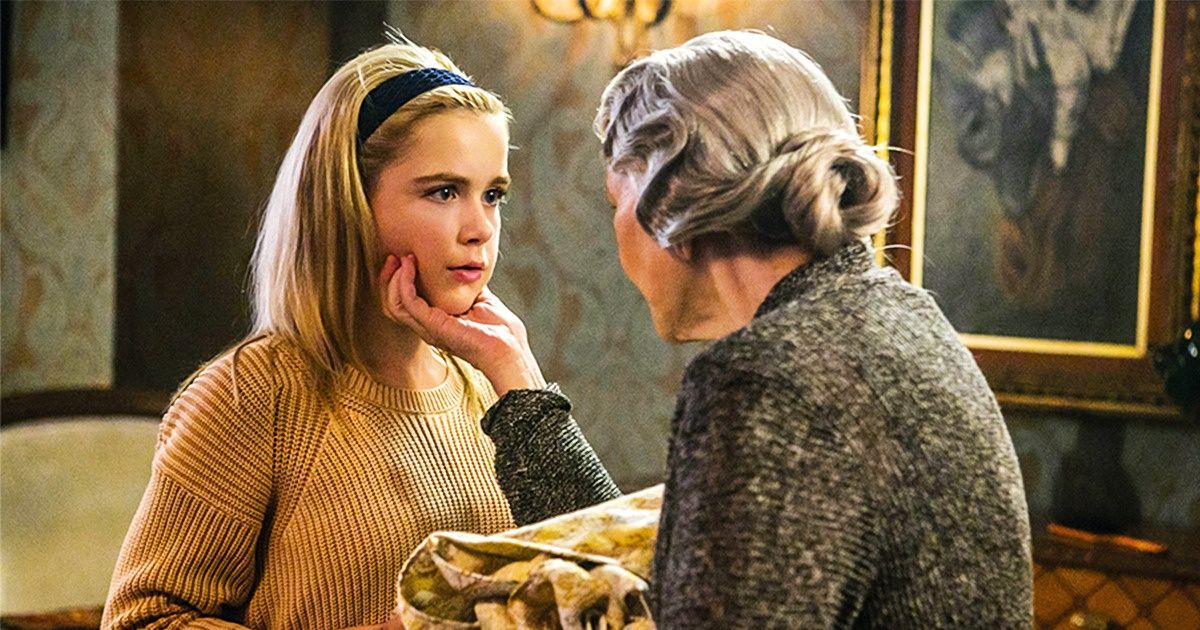
Even though grandparents mean well, when they say things like “If your sister can do it, why can’t you?” this can actually be damaging to kids. They may think that by saying this, they are encouraging their grandchildren, but the truth is, their words can have the opposite effect. Grandparents should be aware that their words can bear more weight and cut deeper than they mean them to.
We at Bright Side keep our ears open to catch those seemingly harmless phrases that grandparents say to their beloved grandkids, which could actually hurt the kids’ feelings.
1. “Stop crying.” or “You’re not a baby anymore.”
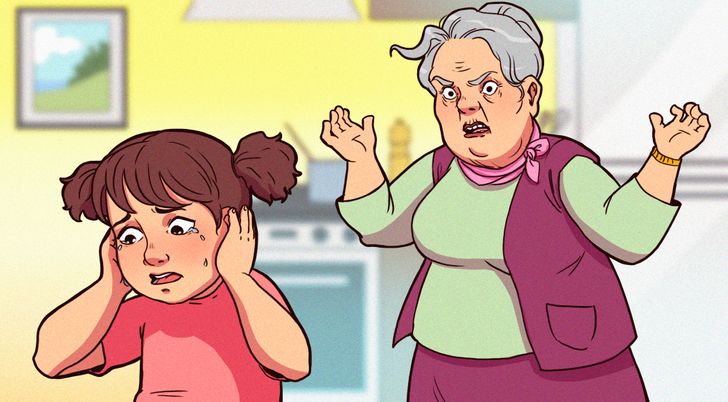
It is unhealthy for grandparents to tell their grandkids to stifle their emotional release. Sure, it can be annoying if they cry all the time, but there are other ways to help them deal with their feelings. For example, grandparents can ask their grandchildren to explain their feelings in words instead, by asking, “What are you upset about?”
2. “You’re chubby.” or “You’re too thin.”
Grandparents might give nicknames like “chubby cheeks” out of love and comment on their grandchildren’s weight out of concern. However, this can affect how they view themselves and create a negative self-image.
3. “Your sister can do it, why can’t you?”
Comparing children only lowers their self-esteem. They should be recognized for their own talents. Not only will comparing them to other kids make them feel inferior, but they might also resent their grandparents and the kids they’re being compared to.
4. “My grandchild would never do that.”
By using the word “never,” grandparents put pressure on their grandchildren to not do certain things ever. It could be secrets that they are supposed to never repeat to others. Worse still, if “never” is used in anger, as in “Never show your face here again!”. This word can give kids unnecessary stress.
5. “You won’t get it. You’re not smart enough.”
Hinting to children that they’re too young, or too dumb, to understand will make them feel dismissed. They might even begin to believe that they are not smart enough or even important enough to ask for explanations. Although it can be tiring to answer every little question that kids have, it is better if grandparents try to explain or direct the kids to their parents, rather than to dismiss them altogether.
6. “What are you wearing? It doesn’t suit you.”
Sometimes what the young people wear can be shocking to their grandparents, but they should avoid pointing out how the kids look ugly or don’t look good. If the grandparents are just worried that their grandchildren might be bullied for it, they can approach the topic without making the kids feel bad about themselves.
7. “He pulls your hair because he likes you.”
This is telling them to accept abuse as a sign of affection. It is teaching them that abuse is natural and the kids will grow up thinking that people who hurt them, love them. Grandparents could explain that the other kids might like them, but that they are showing it in the wrong way.
8. “You’re such a klutz.” or “You’re so sensitive.”
Giving children labels can make them feel horrible about themselves. They could feel nervous and anxious because they’d feel like they have to be perfect all the time. Children should be allowed to make errors without being given unhelpful comments.
9. “Your parents are terrible.”
Maybe badmouthing the parents is done by accident, in moments of anger, or said as a mere comparison, either way it might affect grandchildren more than grandparents think it could. Children might take it as it is and believe that their parents are bad people. When the kids begin to lose respect for their parents, the family bond will suffer and in the end, the kids will be the ones to get hurt.
10. “If you can’t say anything nice, don’t say anything at all.”
The idea is noble because grandparents just want to teach their grandchildren to not be rude. But sometimes, things need to be said and they’re not exactly nice. By teaching the kids to shut up and keep their opinions to themselves, kids will grow up not saying what they think and what they feel. Grandparents should instead ask, “How could you say that differently?” when they think the kids are about to say something mean.
Do you agree that these phrases can harm grandchildren? What other phrases do you think that grandparents say that could hurt their grandchildren’s feelings?
Comments
Sadly I grew up without Grandparents so I never had these things
Honestly I don't remember my grandparents saying any of these things to me ?
My grandpa always said number 3 to me
Related Reads
I Refuse to Help My Pregnant Sister, and I Don’t Feel Guilty

I Refused to Be Called the Office Villain by a Coworker Who Barely Works
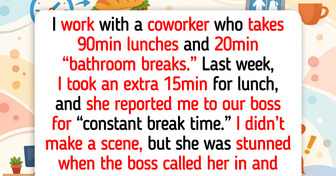
My Family Always Prioritized My Sister—Then Expected Me to Help Them With Medical Bills
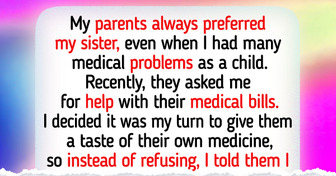
A Stranger Humiliated My Daughter at Disney World—He Picked the Wrong Mom to Mess With
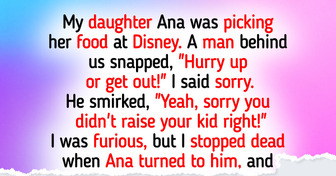
15 Moments That Prove Kindness Holds Strong When Life Hits Hard
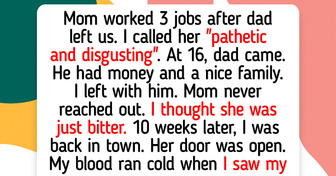
I Refused to Babysit Under My DIL’s Rules—I’m Not “Learning” How to Be a Mom
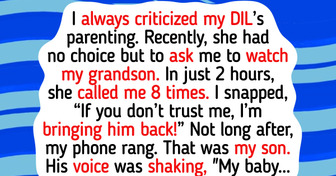
11 People Who Chose Humanity Over Hatred in the Darkest Moments
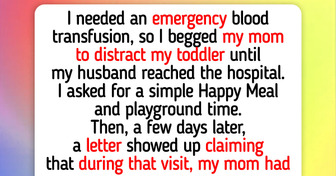
I Refuse to Work Three Unpaid Weekends to Prove Loyalty — HR Got Involved
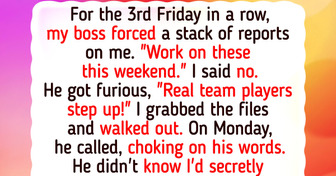
I Refuse to Be My Brother’s ATM Anymore—The Revenge He Planned Was Sick
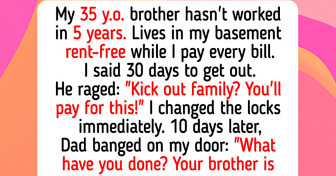
12 Real-Life Betrayals That Sound Like Movie Plots
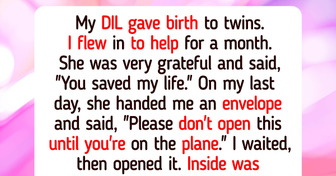
25 Stories From Online Users Where Kindness Became Invisible Armor

I Won’t Sacrifice My Last Good Years Because My Son Refuses to Grow Up
